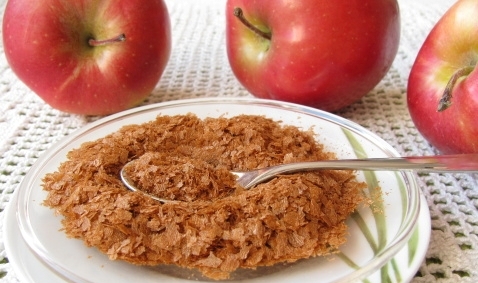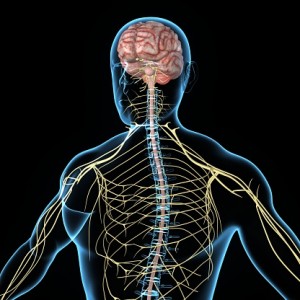Weight loss and dieting: Reality Check - things to know before starting your diet
Yesterday we discussed some of the things you needed to know before starting your diet and weight loss program, specifically your BMR and the number of calories you burn doing your normal daily activities (i.e. your BASELINE).
This is article 8 in my weight loss and diet series and today we want to do a final reality check designed to get you mentally prepared for the days ahead. Links to the other articles in this series can be found at the bottom of the page.
Before I dig in, I want to say, thank you, to the readers that emailed me questions. I enjoyed answering your questions and I put your suggestions on my list of upcoming diet and weight loss topics. Feel free to contact with any additional questions or suggestions (link at bottom of page or you can reach me at G+).
As you may recall, we said that starting your diet begins with a plan -- so many of you started your diet yesterday by establishing your BASELINE. I know you want to start losing weight, but we haven’t really gotten to those articles yet. I know you’re anxious to get started but I would ask that you do one more thing before you start making food changes. Before you begin, you need to answer this question: With your current eating habits -- are you eating more than your BASELINE, less than your BASELINE or equal to your BASELINE?
For this you will need to weigh yourself every day for several days (stay hydrated throughout) and see if you weight is trending up, down or steady. Knowing this is almost as important is knowing your BASELINE. It is critical to know if you are currently overeating. You need to know this because your current diet is what you’re going to modify -- remember this diet is not about eating grapefruit or celery. The next thing you need to do is approximate the number of calories you eat each day; now compare. There is no sense starting until all these numbers are in logical agreement.
For instance, if you calories estimate is less than your BASELINE, but your scale is trending upward, then something is amok. If your calorie estimate is over your BASELINE and your scale is trending downward, then something is wrong. It could be your BASELINE, your scale or your calorie estimate. Since these numbers are so important to the success of your diet, you have to find the problem and fix it. If you need help, you can contact me at the address at the bottom of the page.
Reality Check 1: Your body will not allow you to starve yourself as a diet plan. As we discussed in a previous article, your body will fight you every step of the way and IT WILL WIN!
Reality Check 2: It is clear that your current eating habits are part of the problem. However, they are habits, and as such they will be difficult to retrain. Retraining takes time. Identify your bad habits, make a list, then start to systematically retrain them. Be kind to yourself, you can’t retrain them all overnight, so don’t expect to. Start with the worst habits -- pick 2 or 3 and start making small changes until you have adjusted the habit. Then go back to your list and pick 2 or 3 more and repeat.
Retraining habits can take weeks or months. Don’t try to rush, slow and steady, wins this race. The key is to gradually reduce or eliminate your bad habits. If you don't get rid of them, they will contribute to you putting the weight back on.
Reality Check 3: You are going to have to be more physically active. I know exercise is a bad word, but your weight loss will not be sustainable without activity. Tomorrow with will focus on physical activity and discuss the advantages, and there are a lot. For now simply recall our discussion in the article “Why is it so hard to lose weight?”
Here is an example:
Method 1: If you adjust your calorie intake to be 500 calories/day less than your BASELINE, you will start to lose weight.
FACT: One pound of fat equals 3500 calories.
-
Low-Fat High-Carb Diet + Weight Loss Plan
A low-fat high-carb diet is low in fat and rich in complex carbohy
-
Tri-Matrix Weight Loss Pill With Ephedra
There are just too many weight loss supplements and products that are
-
Exercise benefits for osteoporosis: Reduces bone fracture risk
Over 50 million Americans are affected by osteoporosis and bone
-
Are You Looking For Hoodia Tincture Or Hoodia Tea
While there are no specific products being sold as ?hoodia tincture?,
-
How to Lose Water Weight - The Most Effective Techniques!
Water weight can be really hard to shift
-
Quick Weight Loss Tips - Diets That Work
With the army of diets out there that aim at helping people lose their
- DON'T MISS
- Know How To Lose Upper Body Fat Correctly
- Break It Down
- 5 Tricks To Visualize (And Get) The Body You Want
- Quick Weight Loss Tips That Works
- The Dangers Of Ephedra
- Fat Loss 4 Idiots Diet - Drawbacks and Strengths
- Exercise Lose Weight And Look Your Best
- Exercises That Work For Weight Loss
- Add These 4 Ingredients To Your Smoothie For Real Weight Loss Results
- Losing Weight Without Diets




